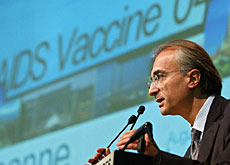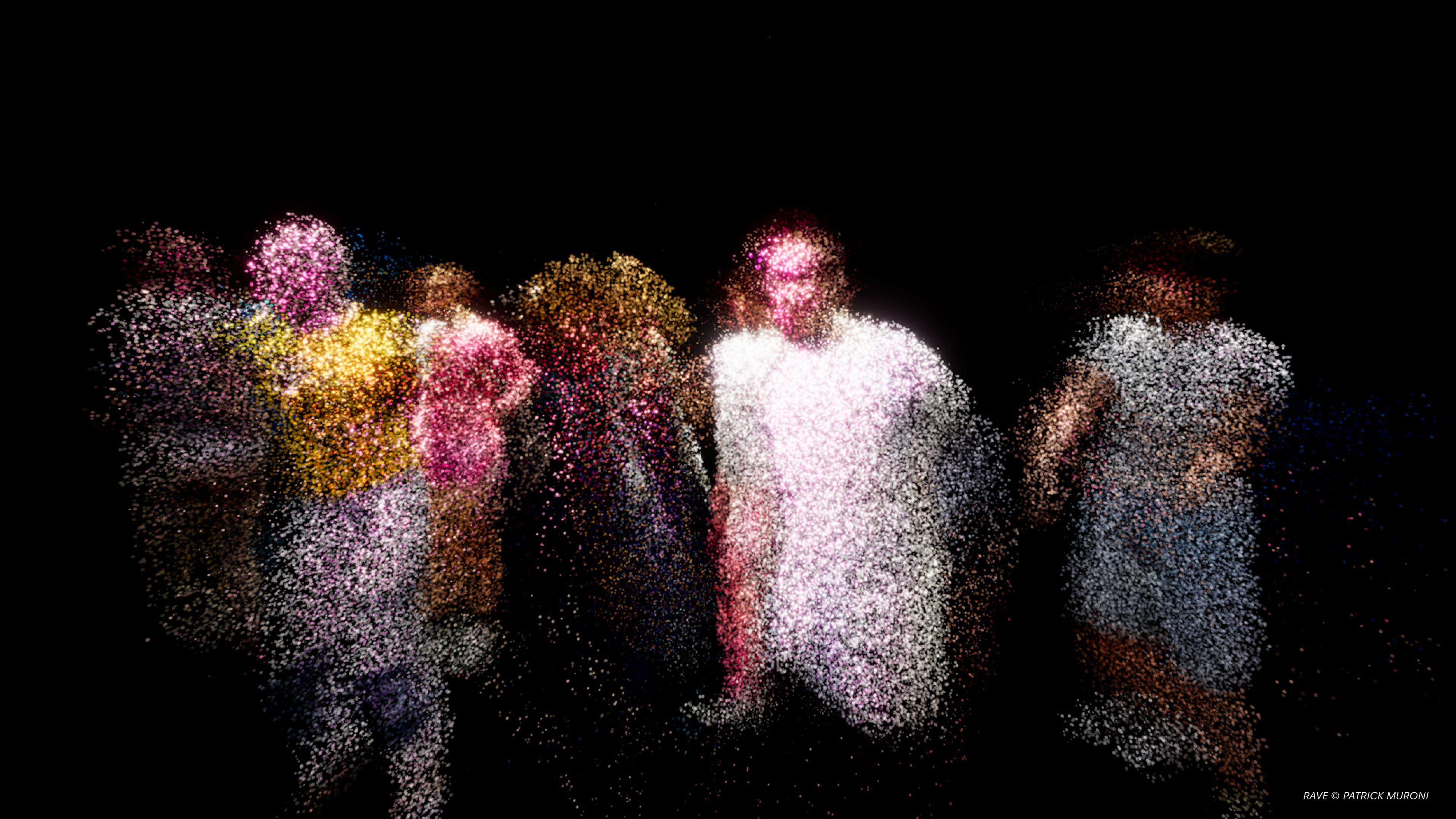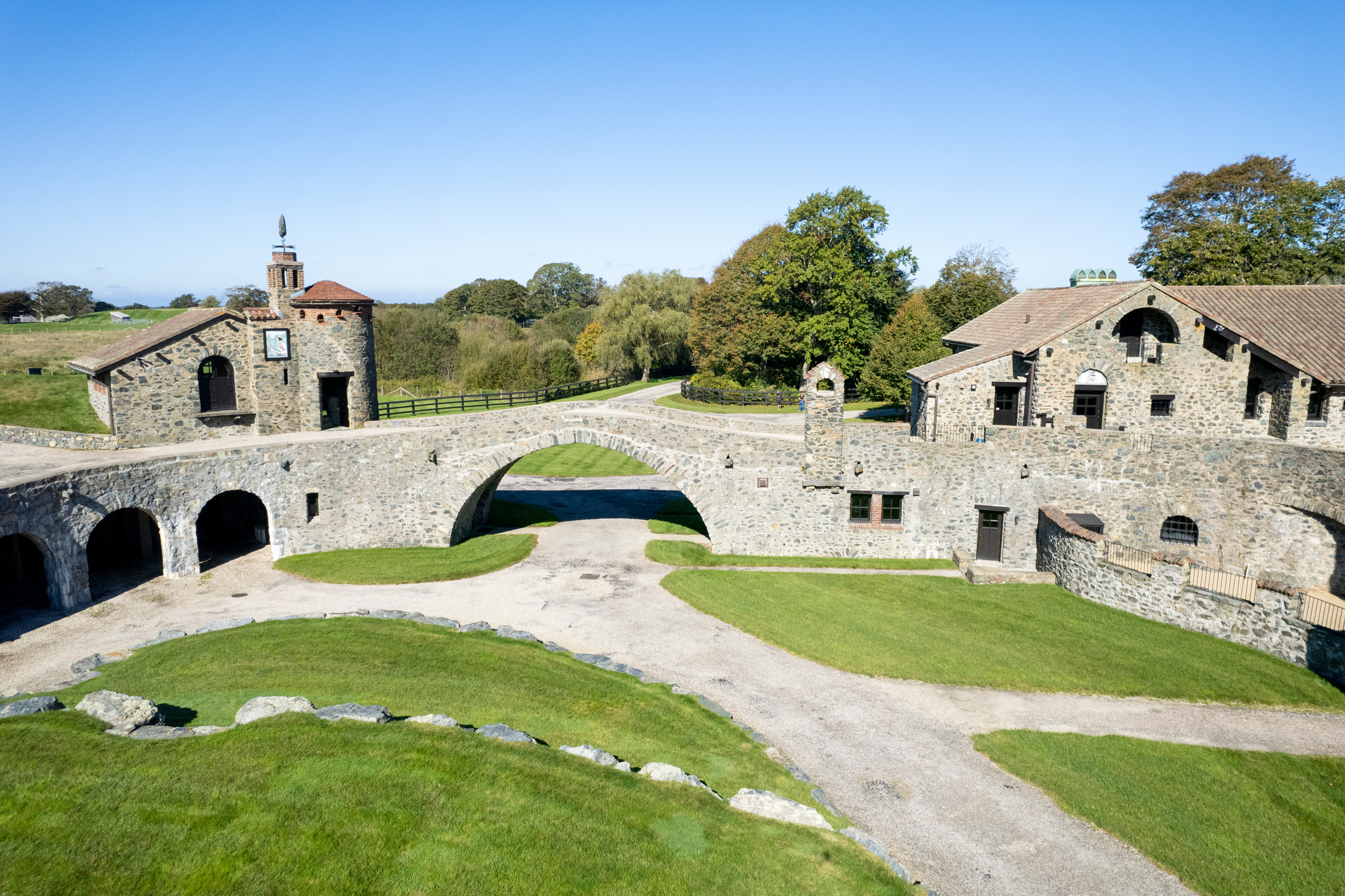
Call for more commitment in hunt for Aids vaccine

A major Aids conference wrapped up in the Swiss city of Lausanne on Wednesday, with calls for increased international cooperation in the hunt for an HIV vaccine.
Leading scientists also demanded a more coherent strategy to fight the HIV/Aids pandemic, as well as increased financial support for vaccine research in Europe.
Organisers said one of the meeting’s main successes was the establishment of a more specific timetable for vaccine testing.
Around 800 Swiss and international experts took part in the three-day conference, which was aimed at sharing information on scientific progress in vaccine development and bolstering political and financial support for European research.
The event was organised jointly by Lausanne’s University Hospital and EuroVacc, a Swiss-based foundation whose mission is to develop a vaccine against the Human Immunodeficiency Virus.
Stonger commitment
“The United States, both from a public and a private perspective, have demonstrated their commitment to the global fight and the development of a Global Vaccine Enterprise,” said Conference Chairman, Giuseppe Pantaleo.
“We are still waiting to see European countries, including Switzerland, do the same,” added Pantaleo, who heads Lausanne University Hospital’s immunology department.
His comments were echoed by the director of the French Agency for Aids Research, Michael Kazatchkine, who called on European governments to put the disease higher on their political agenda.
“The fact that our leaders in Europe… appear to have difficulty in integrating research as a core element of the fight against HIV/Aids is extremely worrying,” Kazatchkine said.
“The European Commission and other countries in Europe must put together an agenda to support research in HIV/Aids,” he added.
Research timetable
By the end of the conference researchers had agreed on a more specific timetable for vaccine testing.
“The outcome of our talks was positive and we now have a more specific idea of precise research deadlines,” said Pantaleo.
Helene Gayle, of the US-based Bill and Melinda Gates Foundation, added that the publication of a global scientific plan was scheduled for November 2004.
But Pantaleo warned that the discovery of a preventative vaccine was unlikely to happen before 2014 at the earliest.
Nobel prize laureate Rolf Zinkernagel of Zurich University said that the “mutation and complexity of the virus” required a level of “reserved optimism” in terms of vaccine development.
Deadly disease
More than 20 years and 20 million deaths since the first Aids diagnosis in 1981, almost 38 million people are living with HIV worldwide.
According to the United Nations Aids programme, UNAids, rates of infection are still on the rise in many parts of the world – including hardest-hit sub-Saharan Africa, which is home to 70 per cent of all HIV sufferers.
Last year alone, around five million people contracted HIV worldwide, including 4.2 million adults and 700,000 children under the age of 15.
It is believed that by the year 2010, another 45 million people will have become infected.
Although better anti-HIV therapies have been developed in the past few years, experts tend to agree that it will take an effective vaccine to stop the spread of the virus.
swissinfo, Anna Nelson
An international conference has outlined plans for testing of an Aids vaccine.
Before the end of the year about 1,500 people will take part in an initial test on the effects of a vaccine on the human immune system.
The proper test phase is not due to start until 2006. The vaccine is unlikely to be ready before 2014.
Women account for nearly 50% of all people living with HIV worldwide.
Young people aged between 15 and 24 account for half of new HIV infections.
Only 7% of the people who need antiretroviral therapies in developing countries have access to them.
Global spending on Aids is just under $5 billion. An estimated $20 billion will be needed by 2007.

In compliance with the JTI standards
More: SWI swissinfo.ch certified by the Journalism Trust Initiative


























You can find an overview of ongoing debates with our journalists here . Please join us!
If you want to start a conversation about a topic raised in this article or want to report factual errors, email us at english@swissinfo.ch.